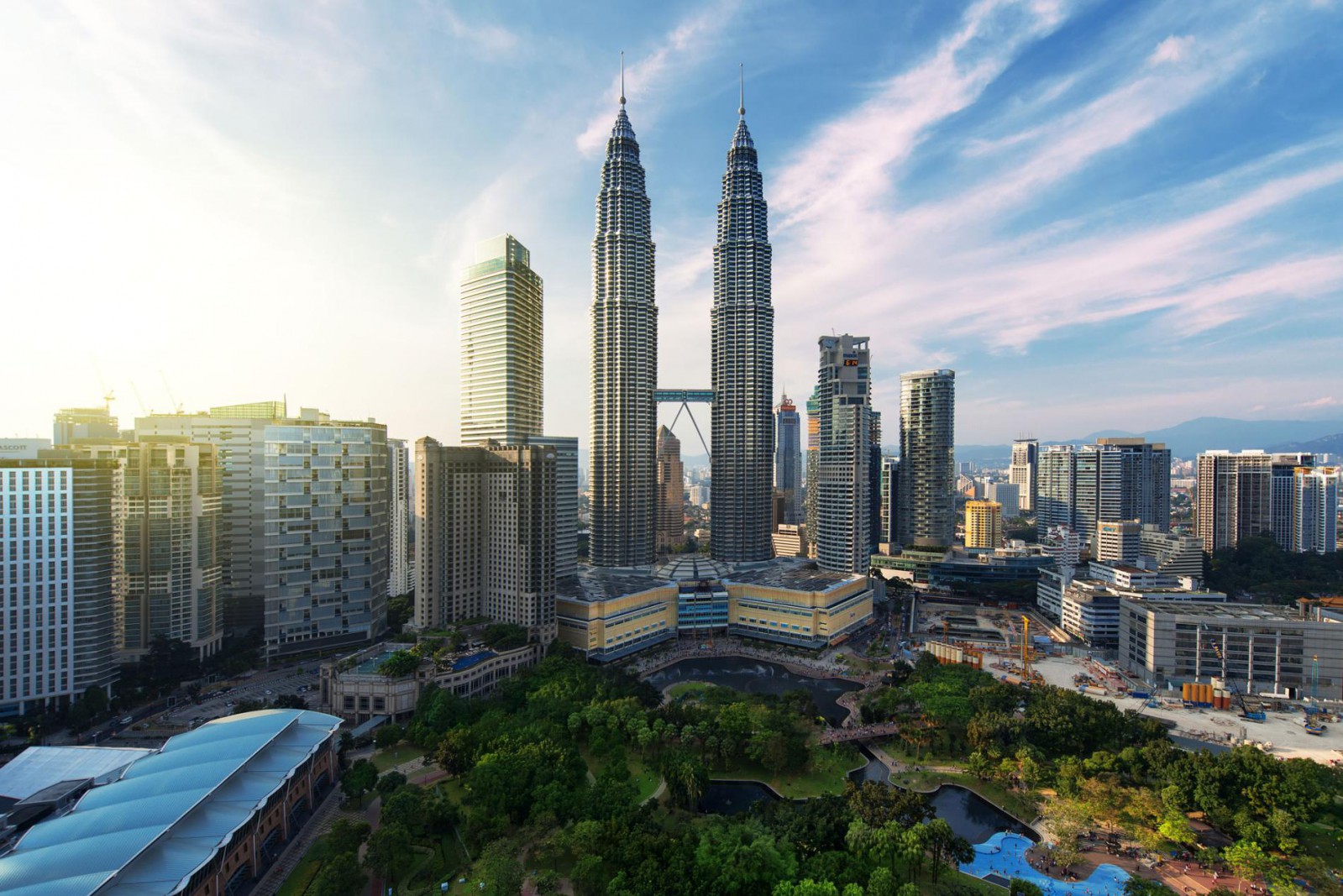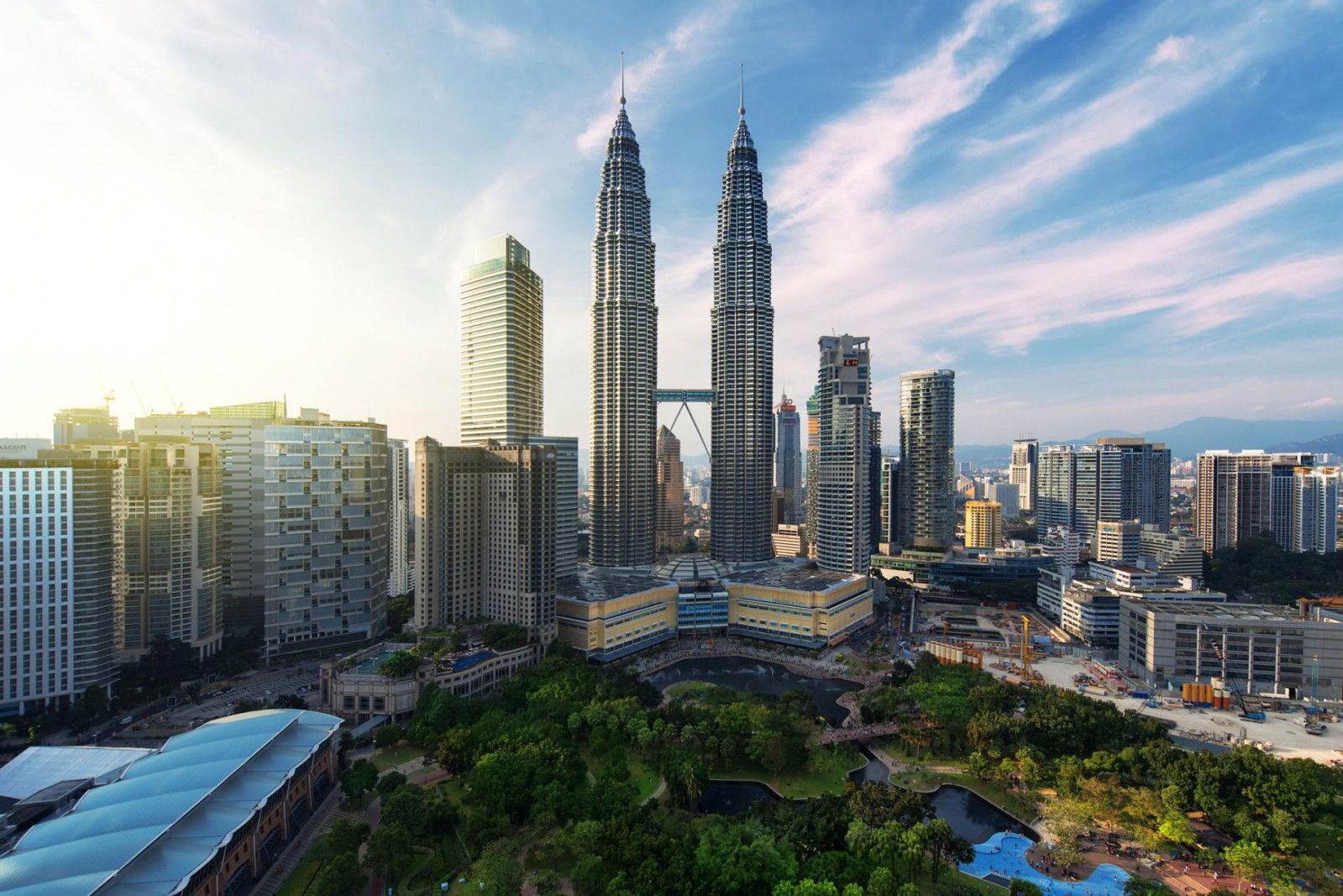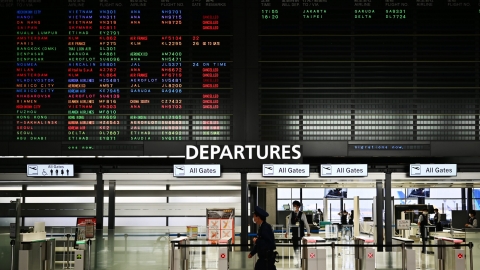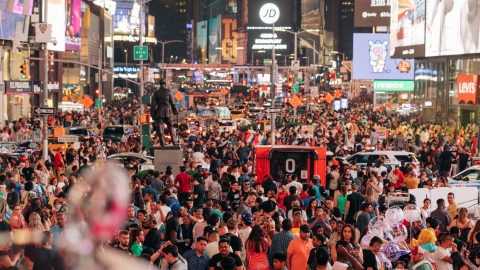Just before Christmas 2020, the Malaysian government launched the National Tourism Policy (NTP). This is a roadmap to support sustainable tourism development by 2030, aiming to help Malaysia become a favorite destination for tourists worldwide.
A key focus of this roadmap is “Smart Tourism 4.0,” which aims to use technology to innovate and enhance the tourism experience. Innovative startups like LokaLocal, Tourplus, and Moovby are becoming prominent examples in the program, collaborating with authorities to make this a reality.
Although all three innovative startups operate in the tourism sector, their business models differ significantly. For example, LokaLocal connects tourists with local travel partners, offering online tours. Tourplus is an online travel marketplace, ensuring secure transactions between tourists and tour guides. Meanwhile, Moovby is a carpooling platform, allowing tourists to rent cars directly from locals – a good solution to address Malaysia's traffic congestion.
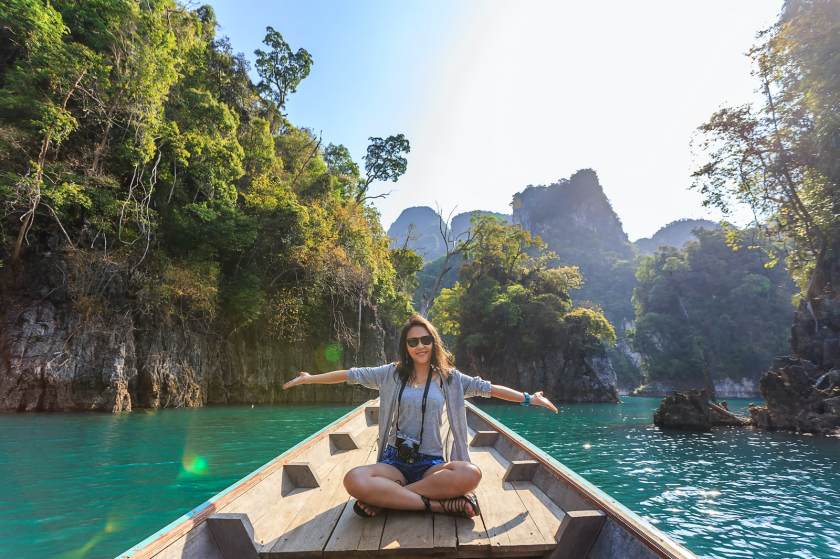
Tourism is Malaysia's third-largest contributor to its GDP.
Although the plan is very promising, Malaysia's tourism industry, like every other industry worldwide, has suffered a huge shock from the pandemic.
In 2019, tourism was Malaysia's third-largest contributor to GDP, accounting for 15.9% of the value. However, the Covid-19 pandemic severely impacted the tourism industry. Data shows that the number of tourists in Malaysia in 2021 dropped to only 130,000, compared to 26.10 million in 2019. Tourism revenue also decreased from MYR 86.1 billion to MYR 240 million.
Following Malaysia's reopening, including its land border crossing with Singapore, the country expects tourism to recover. However, travel remains subject to strict procedures and regulations, as well as quarantine requirements, which still deter many travelers.
The slowdown in Malaysian tourism due to the pandemic has quickly made it clear to innovative travel technology startups that they must adapt and create new products, collaborating with new partners.
For example, LokaLocal is partnering with InvestKL, an agency under the Ministry of Foreign Trade, to provide "on-site" travel solutions, or in other words, online tours. With these tours, travelers can "stroll" through famous locations, such as the Highland Cameron Butterfly Garden or the Gopeng Heritage House. In addition, LokaLocal also offers incentives to encourage tourists to visit up close when tourism fully resumes.
Meanwhile, Tourplus shifted its focus to domestic tourism. They partnered with Tourism Selangor (the official tourism promotion agency of Selangor) with a signing ceremony in April 2022 to launch the Go Selangor app. This app provides travel, transportation, and culinary suggestions. Tourplus founder Rickson Goh stated that this collaboration will help the tourism industry transform towards digitalization 4.0, while also creating jobs for domestic tourism businesses, preparing them for future travel demand once Covid-19 is fully over.
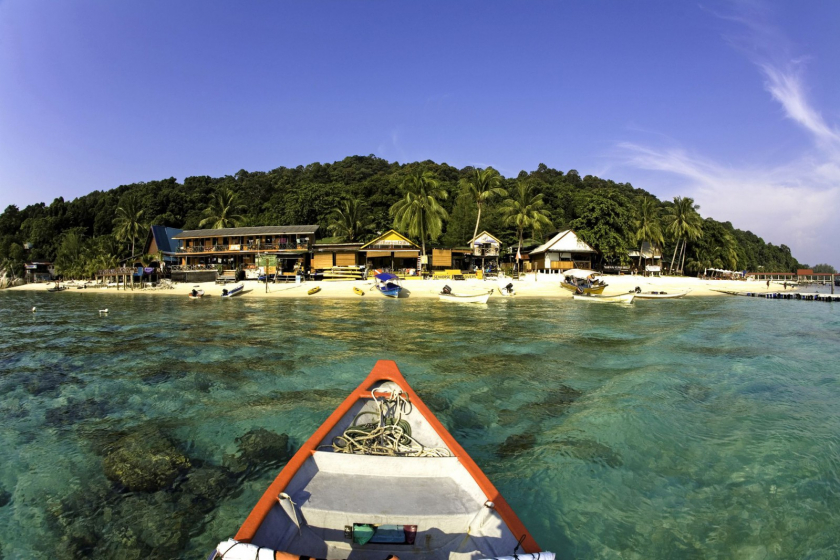
Another segment of Smart Tourism 4.0 is ecotourism.
Another segment of Smart Tourism 4.0 is ecotourism, which focuses on sustainable and environmentally responsible tourism solutions and types, allowing tourists to enjoy new destinations while preserving Malaysia's natural heritage for future generations.
Although ecotourism is not a new concept, as it becomes more popular, the mindset of responsible tourism among visitors is also increasing. Malaysia presented plans to promote ecotourism at the 2020 Dubai Expo, as well as opening Langkawai Island, offering nature tourism packages or immersion into the local community.
With a long-term program like Smart Tourism 4.0, beliefs and doubts will always coexist.
According to a study by Deloitte Monitor, smart tourism will help boost Malaysia's tourism revenue to US$110 billion by 2030, an increase of over 340% from US$25 billion in 2018.
Nevertheless, some domestic and international tourists remain skeptical. A survey of students at the International Islamic University Malaysia revealed concerns that Malaysia's poor internet infrastructure would make accessing travel apps difficult. Additionally, tourists felt that the content on these apps was not comprehensive enough, lacking information on less popular destinations.
However, Malaysia's tourism industry is gradually recovering. Innovative tourism technology startups are also attracting attention from investors. For example, at the end of 2019, Moovby received $500,000 from angel investors and strategic partners. Tourplus also received $1 million from angel investors.
Additionally, Malaysia introduced the Gamelan 2021 program, providing grants of up to MYR 300,000 (USD 68,000) to tourism-related companies as a measure to boost domestic tourism.
Therefore, it is perhaps best to let time answer the question of whether Smart Tourism 4.0 can bring a new look and new value to Malaysian tourism.

 VI
VI EN
EN



